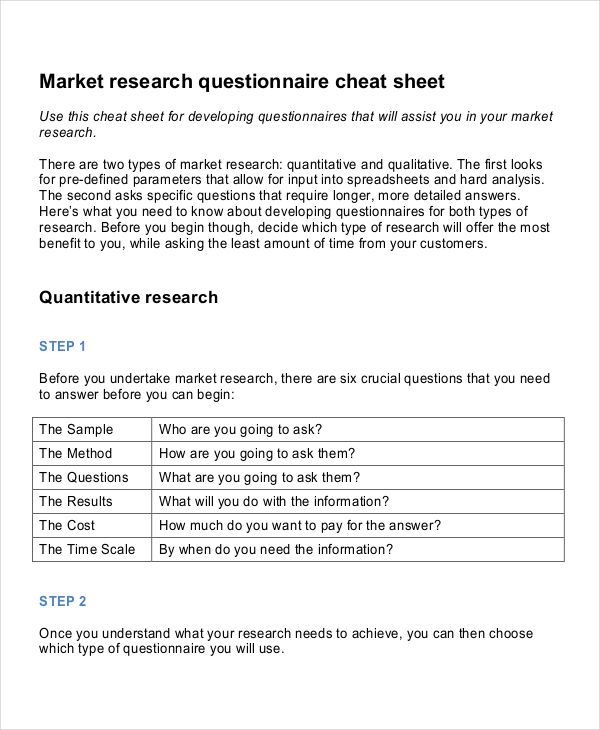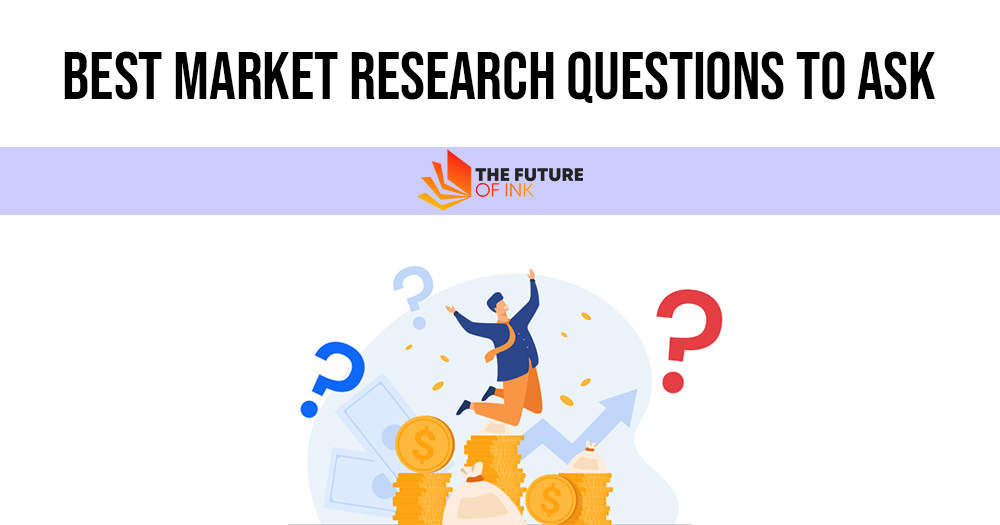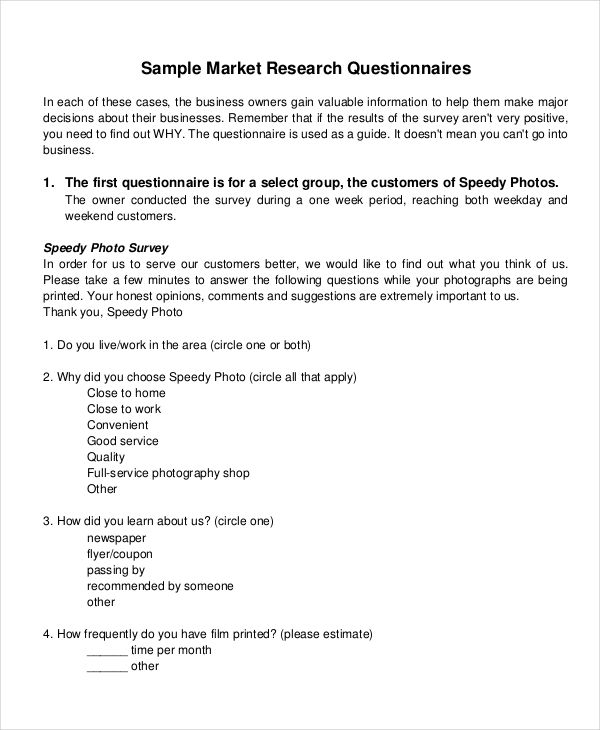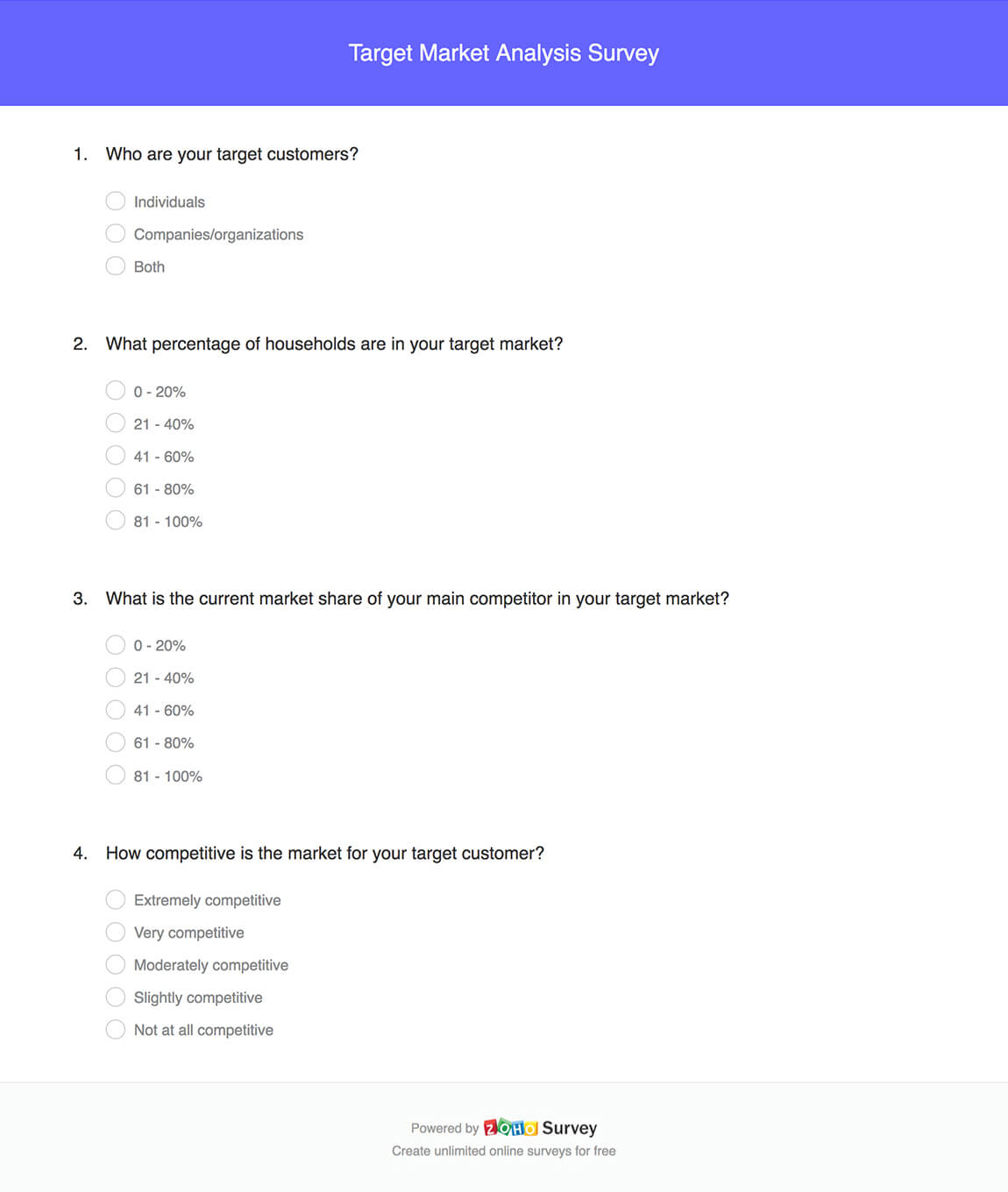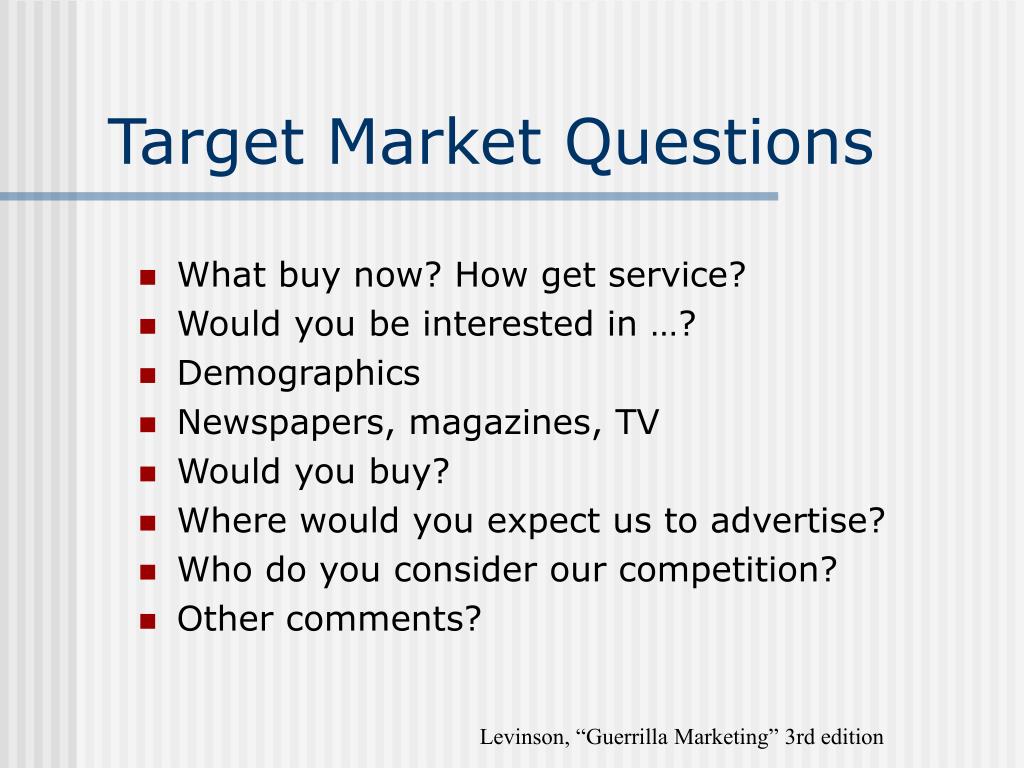Market Research Questions To Ask Your Target Market

In today's fiercely competitive market, businesses are constantly seeking an edge. This relentless pursuit of market dominance hinges on a deep understanding of their target audience. But how can companies truly unlock the secrets of consumer behavior and preferences?
The key lies in asking the right questions during market research. This article explores critical market research questions, supported by industry insights, designed to help businesses connect with their target market and achieve sustainable growth.
Understanding Demographics and Psychographics
Understanding the basic makeup of your target market is the bedrock of any successful market research endeavor.
What is the age range, gender distribution, and geographic location of your typical customer?
Beyond demographics, psychographics delve into the psychological aspects of consumer behavior.
What are their values, interests, and lifestyles? What motivates their purchasing decisions?
According to a recent report by Pew Research Center, understanding these nuances is vital for tailoring marketing messages effectively.
Exploring Needs and Pain Points
Identifying the specific needs and pain points that your product or service addresses is crucial.
What problems are your target customers currently facing? What solutions are they actively seeking?
What are the frustrations or challenges associated with existing solutions?
"Understanding unmet needs is the holy grail of innovation," states Dr. Anya Sharma, a leading marketing consultant. She emphasized this in a recent Forbes article.
Uncovering Purchase Behaviors and Decision-Making Process
How do your target customers typically make purchasing decisions? What factors influence their choices?
Do they rely on recommendations from friends, online reviews, or expert opinions?
What is their budget range? How frequently do they make purchases in this category?
Gauging Brand Awareness and Perception
Assessing your brand's current standing in the eyes of your target market is essential for shaping your brand strategy.
Are they familiar with your brand? What is their overall perception of your brand compared to competitors?
What words or phrases come to mind when they think about your brand?
Data from Nielsen consistently shows a strong correlation between positive brand perception and increased sales.
Testing Product Concepts and Features
Before launching a new product or feature, it's imperative to gather feedback from your target market.
What are their initial reactions to the proposed concept? What features do they find most appealing?
Are there any aspects that they find confusing or off-putting?
"Fail fast, fail often" is a mantra often heard in the tech world, highlighting the importance of rapid iteration based on user feedback, as noted in a Harvard Business Review article.
Competitive Analysis and Benchmarking
Understanding the competitive landscape is critical for positioning your product or service effectively.
Who are your main competitors? What are their strengths and weaknesses?
What do your target customers like or dislike about your competitors' offerings?
Benchmarking your performance against competitors provides valuable insights for identifying areas for improvement and differentiation.
Future Trends and Emerging Technologies
Looking ahead, it's important to anticipate future trends and emerging technologies that may impact your target market.
Are there any upcoming changes in consumer behavior or preferences that you need to be aware of?
How can you leverage new technologies to better serve your target market?
The rapid pace of technological advancement, highlighted in reports from organizations like Gartner, necessitates a proactive approach to market research.
Conclusion
Asking the right market research questions is not merely a procedural step; it's a strategic imperative for any organization striving to connect with its target market.
By understanding demographics, psychographics, needs, pain points, brand perception, and competitive landscape, businesses can make informed decisions that drive growth and foster lasting customer relationships.
As the market continues to evolve, ongoing market research will remain a crucial tool for staying ahead of the curve and adapting to the ever-changing needs of consumers.



